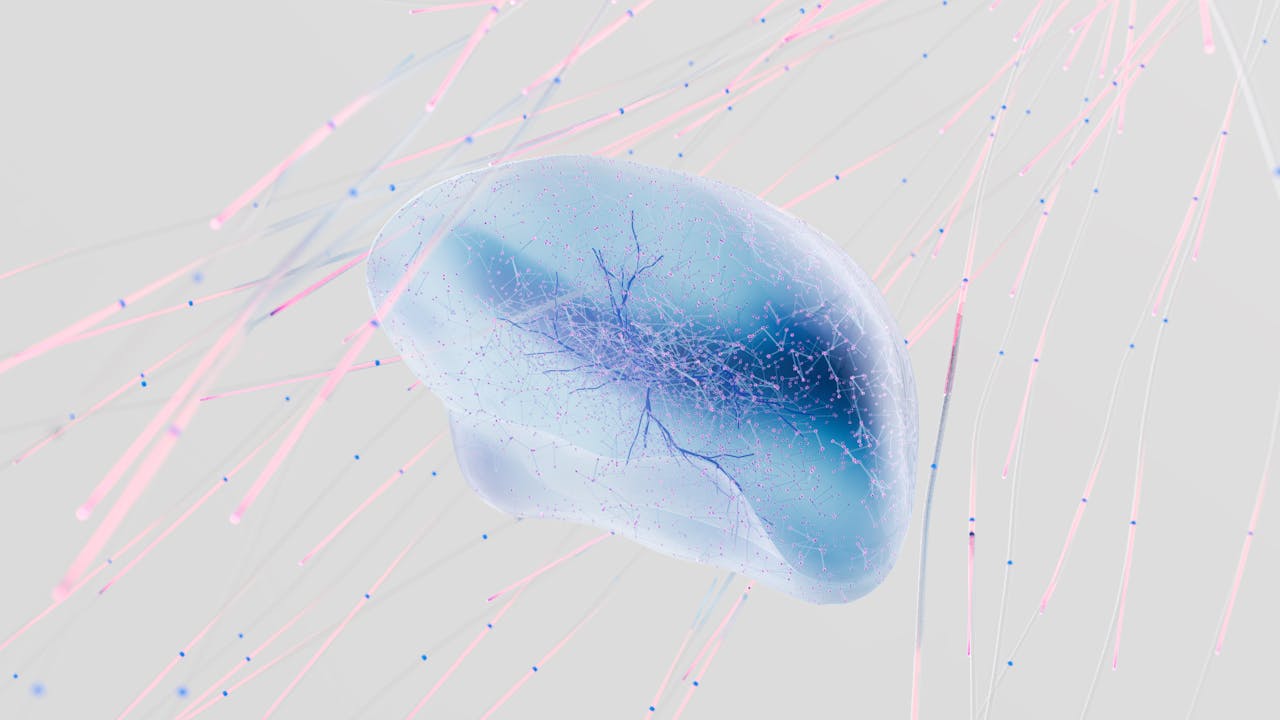Drugs/Therapy
Can Marijuana Stop Brain Tumor Growth?
Researchers of a recent study claim that cannabinoids found in marijuana may aid the treatment of brain tumor by targeting the genes needed for the tumors to sprout blood vessels and grow. A pharmaceutical company in the United Kingdom hopes to find a cure for brain cancer as well, and the company is working on a new cure using the same compounds as other researchers do, and so far the results have been showing a lot of promise.
According to Medical Daily, the study examined a small sample composed of 21 patients with glioblastoma multiforme which is an aggressive brain tumor that typically has a life expectancy of 15 months past diagnosis. In the second phase of the study, there were a number of patients who were given a respectable amount of tetrahydrocannabinol (THC) and cannabidiol (CBD), two main ingredients found in marijuana, while the rest of the participants received a placebo.
Researchers said that patients that had recurrent GBM tumors who were treated with the medication had an 83 percent one-year survival rate, while those who were given the placebo treatment had a significantly lower one-year survival rate at 53 percent.
Professor Susan Short, PhD, lead study author explained in a statement that the findings from the well-designed controlled research showed that the addition of the combined THC and CBD to the patients' dose of temozolomide created significant improvements in survival compared with the placebo one, which experts considered to be a good sign of potential in terms of efficacy, reported Modern Ghana.
Meanwhile, although GBM is rare, it is the most common type of malignant brain tumor according to BrainTumor.org. Every year, there are about 2 or 3 out of 100,000 people who are diagnosed with this kind of illness in the United States and Europe. GW's Chief Executive Officer Justin Gover truly believes that this research is a starting point for the company to further the studies of cannabinoids for health purposes.
"We believe that the signals of efficacy demonstrated in this study further reinforce the potential role of cannabinoids in the field of oncology and provide GW with the prospect of a new and distinct cannabinoid product candidate in the treatment of glioma," Gover said in a statement.
Although there are states that pass laws that permit the use of medical marijuana, it is still considered federally illegal substance, which limits research. Cannabis is not approved by the FDA as a legitimate treatment for cancer.









Join the Conversation